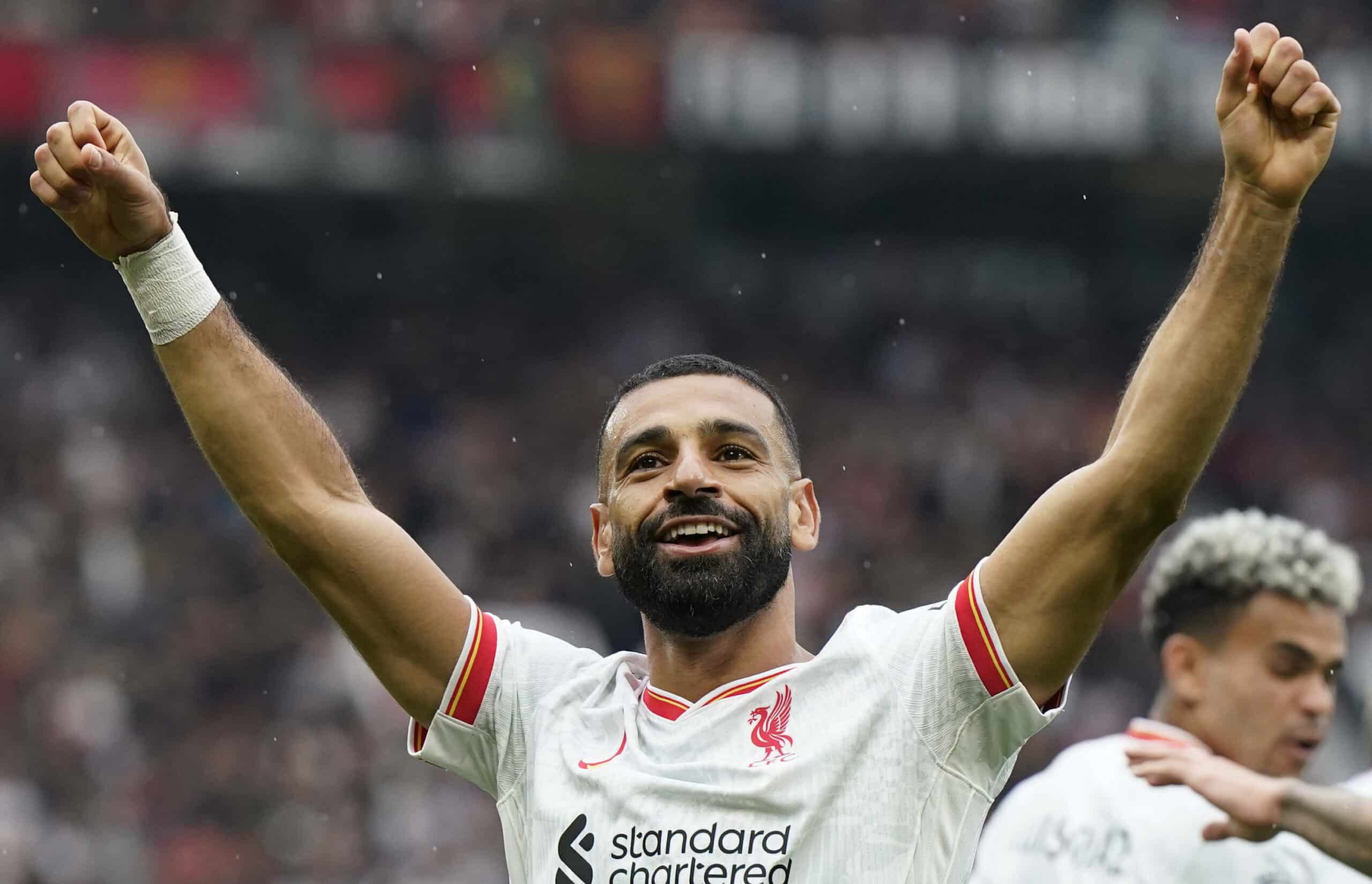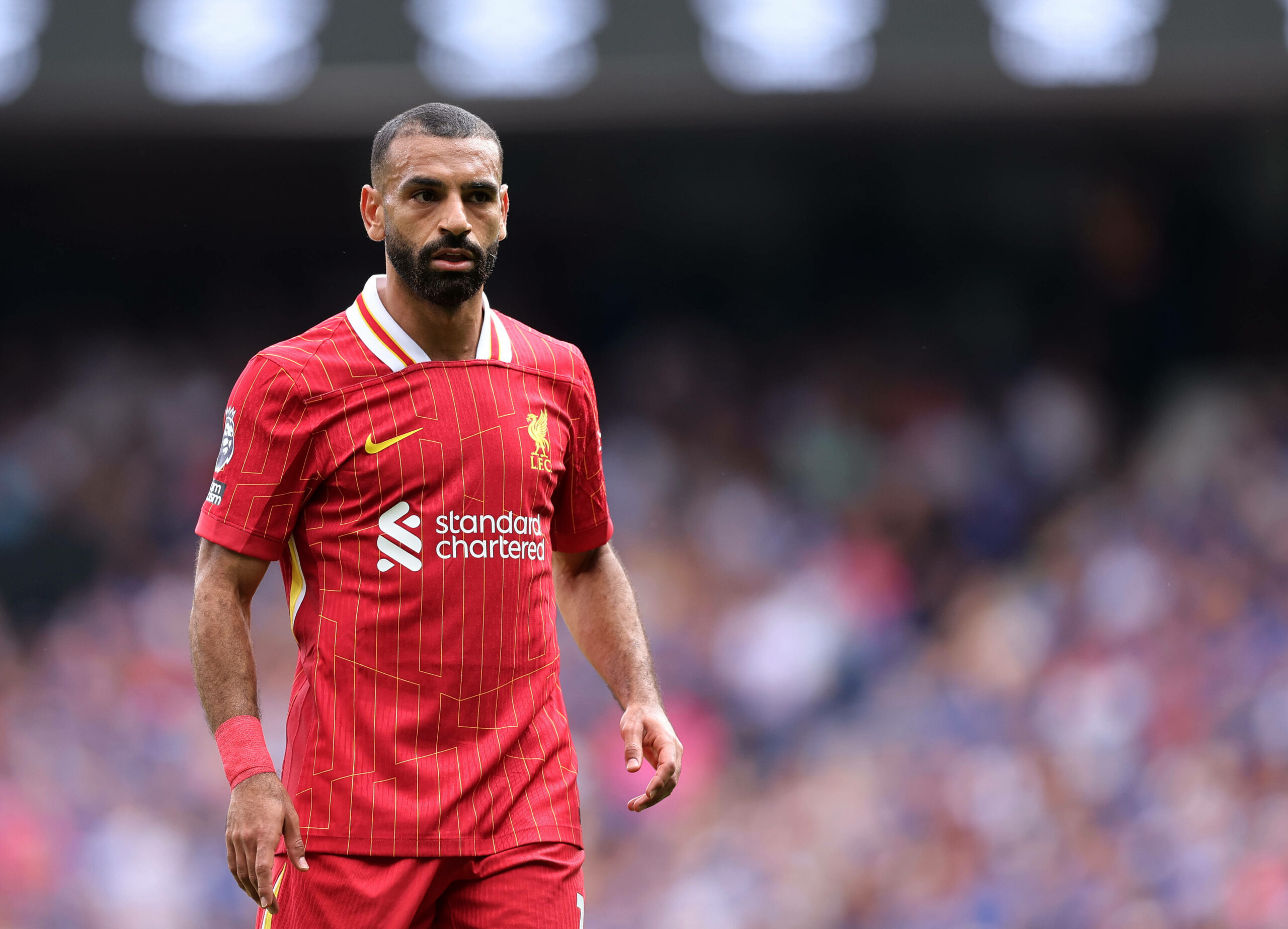Mohamed Salah’s Contract Conundrum: Balancing Desire and Prudence at Liverpool
Mohamed Salah’s future at Liverpool has become a topic of significant debate and analysis, particularly on platforms like Anfield Index’s ‘Media Matters’ podcast. David Lynch recently offered a piercing insight into Salah’s current contract situation, highlighting the intricate balance between player desires and club strategies.
Understanding Salah’s Stance and Liverpool’s Dilemma
David Lynch articulated the situation succinctly when he mentioned, “It was clear from the moment that Salah spoke out that he was desperate to stay, but Liverpool can’t be rash about this now.” This statement brings to the forefront Salah’s emotional commitment to the club—a factor that should not be underestimated. However, it juxtaposes starkly against the commercial and strategic considerations Liverpool faces. Lynch further explained, “You have to weigh everything up and be cold-headed about it. It has to work for Liverpool and we’re on the outside of that and we won’t know what’s being demanded.”
Salah’s performance on the field is undeniable. As Lynch points out, “He’s brilliant right now and you can’t imagine a future where he’s not playing at this level.” Yet, the core of Liverpool’s decision lies not just in maintaining current performance levels but in forecasting the longevity of these levels. Lynch’s rhetorical query, “but another three years after that, will he continue to reach this level?” encapsulates the risk of long-term, high-value contracts.

The Risks of Rushing the Decision
The impulse to secure Salah with a swift contract renewal stems from his undeniable impact and fanbase appeal. However, Lynch warns against hasty decisions driven by emotional pressures rather than strategic foresight. He states, “I know people are saying to get this deal done as soon as possible, but there’s risk involved in that.” This risk is not trivial, as evidenced by numerous past instances where hefty contracts have later morphed into financial albatrosses around the necks of football clubs.
Strategic Patience is Key
The deliberations over Salah’s contract are not merely about numbers. They encapsulate a broader strategy that must align with Liverpool’s long-term financial health and competitive goals. “This is very, very tricky and just because Salah has said that he wants to stay, it’s not an open goal for Hughes,” Lynch asserts, referring to the immense pressures and expectations resting on Richard Hughes’ shoulders. His decision-making in this context must balance immediate gratification against sustainable planning.

Lessons from Past Contractual Engagements
History is replete with examples where emotional decisions in contract negotiations have led to regrettable outcomes. Lynch’s point that “we’ve seen so many cautionary tales where big contracts have been given out and it has been regretted” serves as a stark reminder. Liverpool’s management needs to tread carefully, ensuring that any decision regarding Salah’s future is made with a clear head and a keen eye on both the present exigencies and future implications.
The case of Mohamed Salah and Liverpool is a textbook example of the complexities involved in sports management, particularly in football, where player performances are tightly interwoven with financial strategies. As Lynch aptly puts it, the situation requires a “cold-headed” approach, where emotional attachments must not cloud the essential business decisions. Salah’s desire to remain a Red is clear, but whether this aligns with Liverpool’s strategic interests remains to be seen. The coming weeks are crucial, not just for Salah and Liverpool but for the observing football world, keen on understanding how one of the best in the world maps his future with one of the most iconic clubs in football history.



